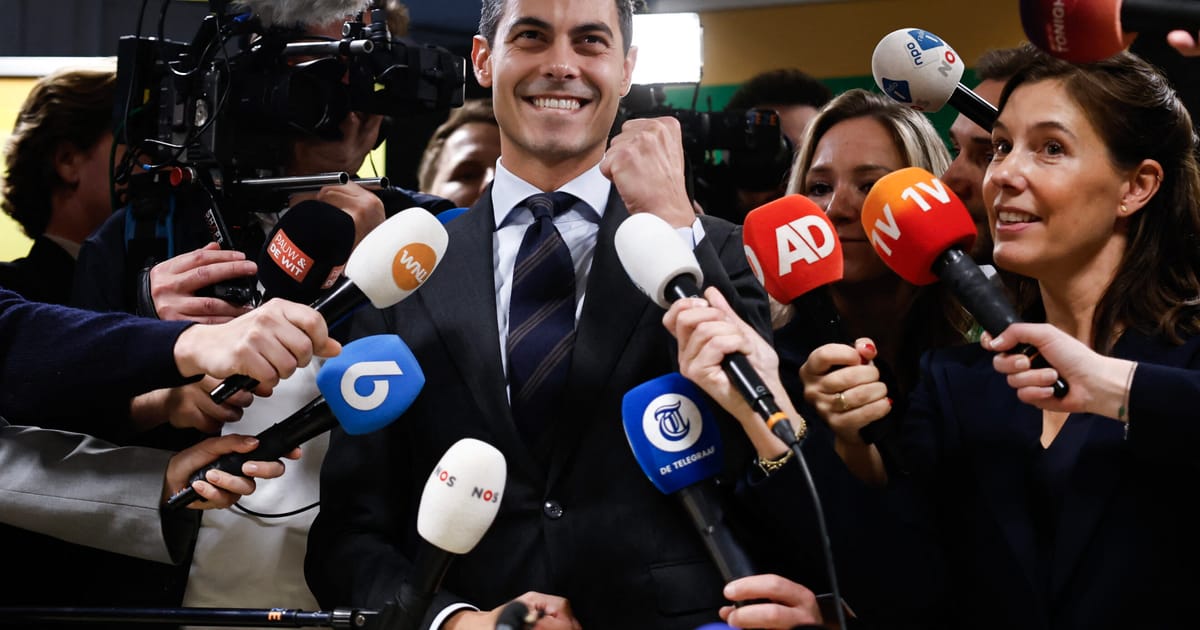D66 and the PVV finished ahead of the center-right liberals of the People’s Party for Freedom and Democracy (VVD), which won 22 seats in Wednesday’s vote; the left-wing GreenLeft-Labor alliance, which secured 20 seats; and the center-right Christian Democratic Appeal (CDA), which collected 18. Conservative JA21 is the largest of the smaller parties, with nine seats.
Jetten has already made clear he sees the need for a broad coalition, as D66 is a “small large party” by Dutch standards, though caretaker Prime Minister Dick Schoof said Friday that the process won’t be quick.
Forging a coalition could become tricky if it involves convincing the center-right VVD and the left-wing GreenLeft-Labor alliance to join the same government, after they bitterly campaigned against one another.
“Twenty-six seats after all, just like D66. Nobody beats the PVV. Absolutely nobody!” Wilders posted defiantly on X on Thursday. On Friday, he added that, “Whatever the outcome will be nationally, the PVV is once again the largest party in many provinces, including Limburg” — Wilders’ own province.
His PVV was the largest party in the Netherlands’ previous coalition government. It was a Cabinet marked by infighting, which collapsed when Wilders withdrew his party over a dispute over asylum policy. The far-right firebrand has next to no chance of entering the next government as parties have ruled out joining forces with him.
With the exception of the VVD, Wilders’ former coalition partners took a beating in Wednesday’s election: The populist Farmer–Citizen Movement (BBB) lost three of its seven seats; while the centrist New Social Contract was decimated, going from 20 seats in 2023 to zero now.
This story has been updated.

